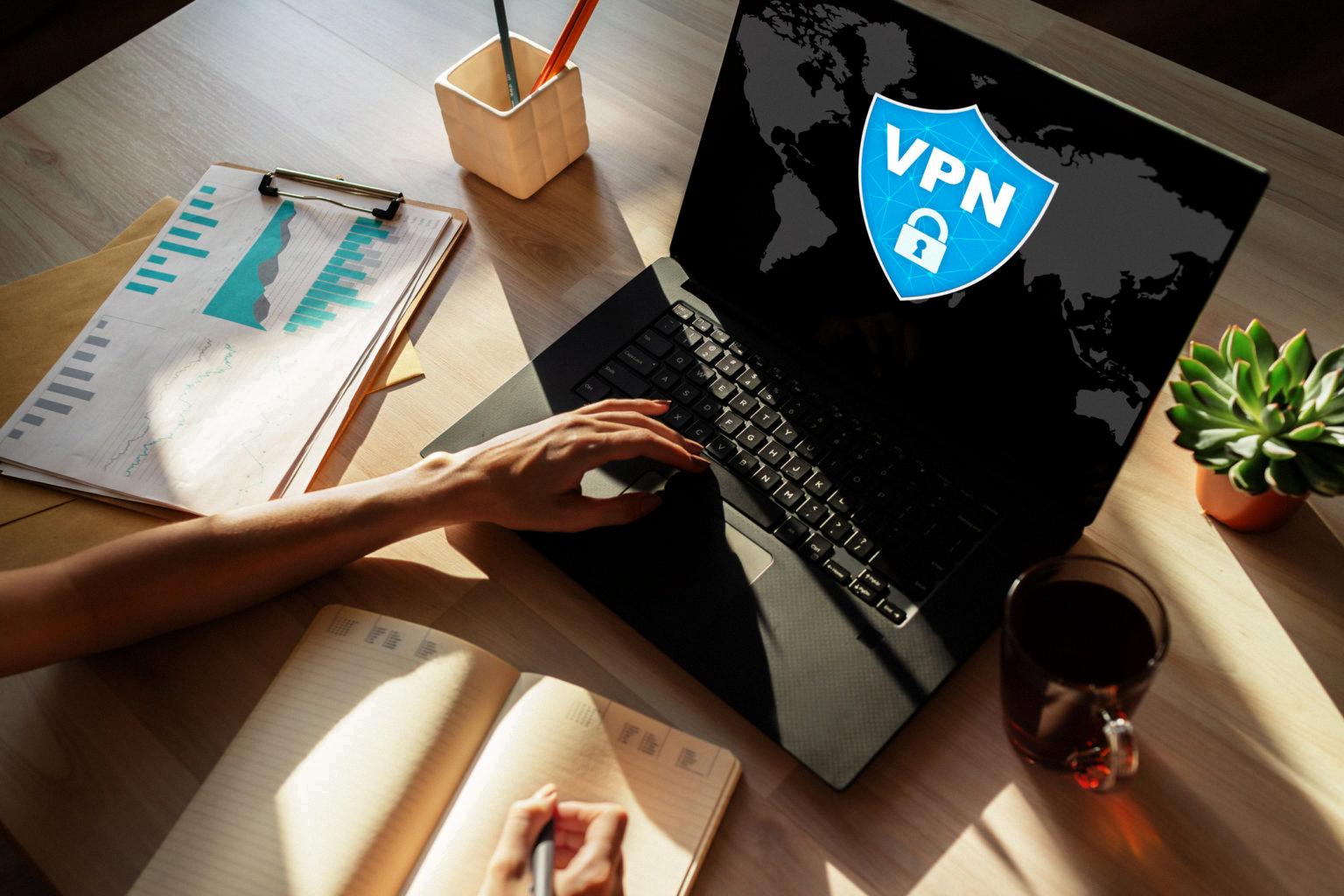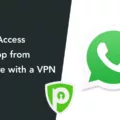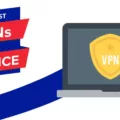Small businesses often require the same types of security and privacy that larger companies need, but may not have the resources to manage a large corporate network. A Virtual Private Network (VPN) is an affordable solution for small businesses that offers secure access to remote networks and data, as well as privacy when browsing the internet.
A VPN creates a secure, encrypted tunnel between two or more devices, allowing users to access information securely over public networks. This ensures that any data sent and received through the VPN remains private and is protected from malicious actors. A small business VPN can also provide safe access to internal resources and applications without having to configure complex networking equipment.
The benefits of using a small business VPN include improved online security, increased privacy, simplified remote access, and cost savings on hardware. Businesses can use their own private gateway to connect multiple remote users securely or create a single shared network between multiple office locations.
To set up a small business VPN, you’ll need a subscription with a reliable provider like TorGuard or Hotspot Shield Elite. Prices for these services vary depending on the features you need, but typically range from $10/month per user. After signing up with your chosen provider, you’ll be able to download their software and follow instructions on how to install it on your devices.
Using a small business VPN is the best way for small companies to stay secure online while keeping their costs low. By encrypting data traffic between connected devices in a secure tunnel, businesses can keep sensitive information safe from prying eyes while providing employees with easy access to internal resources and applications without complex network setups.
Should Small Businesses Utilize VPNs?
Yes, a small business should use a Virtual Private Network (VPN) to increase security and protect their data. A VPN is a secure connection between two or more devices that encrypts all data sent between them. This encryption prevents any interception of the data by malicious actors.
A VPN also provides additional security features, such as IP masking, which allows a user to appear as if they are accessing the internet from a different location than their actual location. This can be helpful for businesses operating in countries with less-than-ideal internet censorship laws, as well as those who want to access content not available in their current geographic region.
Using a VPN can also help businesses maintain compliance with various regulations and standards such as HIPAA or GDPR. By using a secure connection to connect with customers or other external parties, businesses can ensure that all data remains protected and compliant with any applicable requirements.
Finally, using a VPN improves network performance by routing traffic through dedicated servers with fewer hops than the public internet. This not only reduces latency but also helps to prevent bottlenecks caused by overloading public networks.
In short, using a VPN offers many benefits for small businesses looking to protect their data and networks while complying with applicable regulations and standards. It also ensures reliable performance and improved network speed when accessing external resources over the internet.

Source: business.frontier.com
Cost of a VPN for a Small Business
The cost of a business VPN depends on the type of service and features you need, as well as the size of your organization. Generally speaking, a small business may be able to get away with a basic shared VPN service that starts at around $10/month per user. This type of service is ideal for businesses that don’t need complex security requirements and only need to access a few internal resources.
For larger businesses with more complex security requirements, an enterprise-grade private VPN service is likely to be more appropriate. These services typically cost around $50/month per user and come with additional features such as dedicated gateways and advanced encryption protocols. They also often come with dedicated customer support for any technical issues that arise.
Finally, for businesses that need extremely robust security measures and dedicated hardware, it’s possible to purchase or rent private servers from providers like Amazon Web Services or Microsoft Azure. The cost of these services varies greatly depending on the hardware specs and features you require, but they typically start at around $100/month per server.
Overall, the cost of a business VPN largely depends on the size and needs of your organization, but most small businesses can easily find an affordable solution starting at around $10/month per user.
How VPN Works to Benefit Small Businesses
VPNs, or virtual private networks, are a secure way for small businesses to connect their remote teams to the corporate network. VPNs use encryption to provide an extra layer of security when sending data over the internet, allowing businesses to protect their sensitive information and keep it secure while transferring it between computers over the public internet.
To use a VPN, each user must first be provided with a unique username and password. Once logged in, each user will be connected to the corporate network through an encrypted tunnel. All data sent through this tunnel is encrypted so it cannot be intercepted by any third party, making it safe from hackers and other malicious actors.
Because of their security benefits, VPNs are becoming increasingly popular for small businesses that need to securely connect multiple offices or allow their employees to access the company’s internal resources from home or on the go. By using a VPN, businesses can ensure that their sensitive data is kept safe and secure while still allowing employees to stay productive wherever they’re located.
The Best VPN for Home Business Use
The best VPN for home business use is NordVPN. It offers robust security features including military-grade encryption, a kill switch, DNS leak protection, and an automatic connection feature for added convenience. It has over 5,000 servers in 59 different countries worldwide to ensure fast speeds and reliable connections. Furthermore, it supports up to six devices simultaneously and offers dedicated servers for P2P file sharing. NordVPN is also one of the most cost-effective options on the market, making it an ideal choice for home business users.
Setting Up a VPN Server for a Small Business
Setting up a VPN server for your small business is a great way to increase the security of your network and keep your data secure. To get started, you will need to choose the type of VPN server that best suits your needs. Common types include PPTP, L2TP/IPsec, SSTP, and IKEv2. Next, you need to decide on which server platform you will use – Windows, Linux or Mac OS X are all common choices for hosting a VPN server.
Once you have chosen the platform and protocol for your VPN server, you’ll need to configure it. This includes setting up user accounts and setting up access control rules to ensure only authorized users can connect to the network. If needed, you may also need to configure the router or firewall so that it allows incoming connections from the outside world.
Finally, once everything is in place and configured correctly, you’ll need to test the connection from both inside and outside of your network. This will help ensure that everything works as expected before allowing employees or customers access to it. With all of these steps completed, your small business should now have its own secure VPN server up and running!
Conclusion
In conclusion, a small business VPN is an important tool for any organization that needs to keep data secure. It is a cost-efficient solution that can help protect your networks and data from malicious cyber-attacks. With the right provider, you can easily set up a secure connection with fast speeds and reliable encryption. TorGuard is one of the best VPNs for small businesses, offering 3,000-plus servers in 50 countries and supporting multiple devices and protocols. Ultimately, investing in a small business VPN will be well worth the cost in terms of peace of mind and security for your company’s data.








